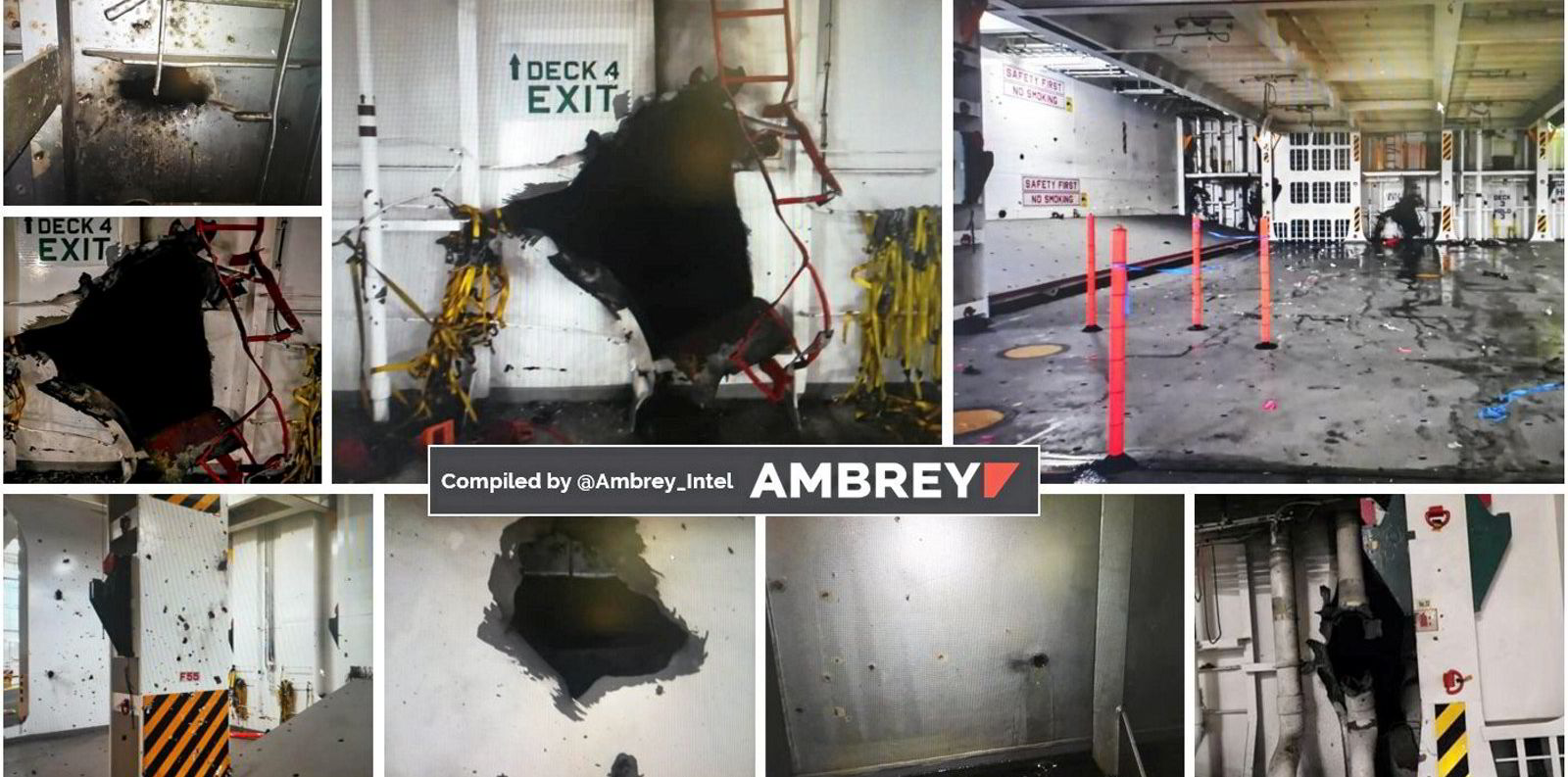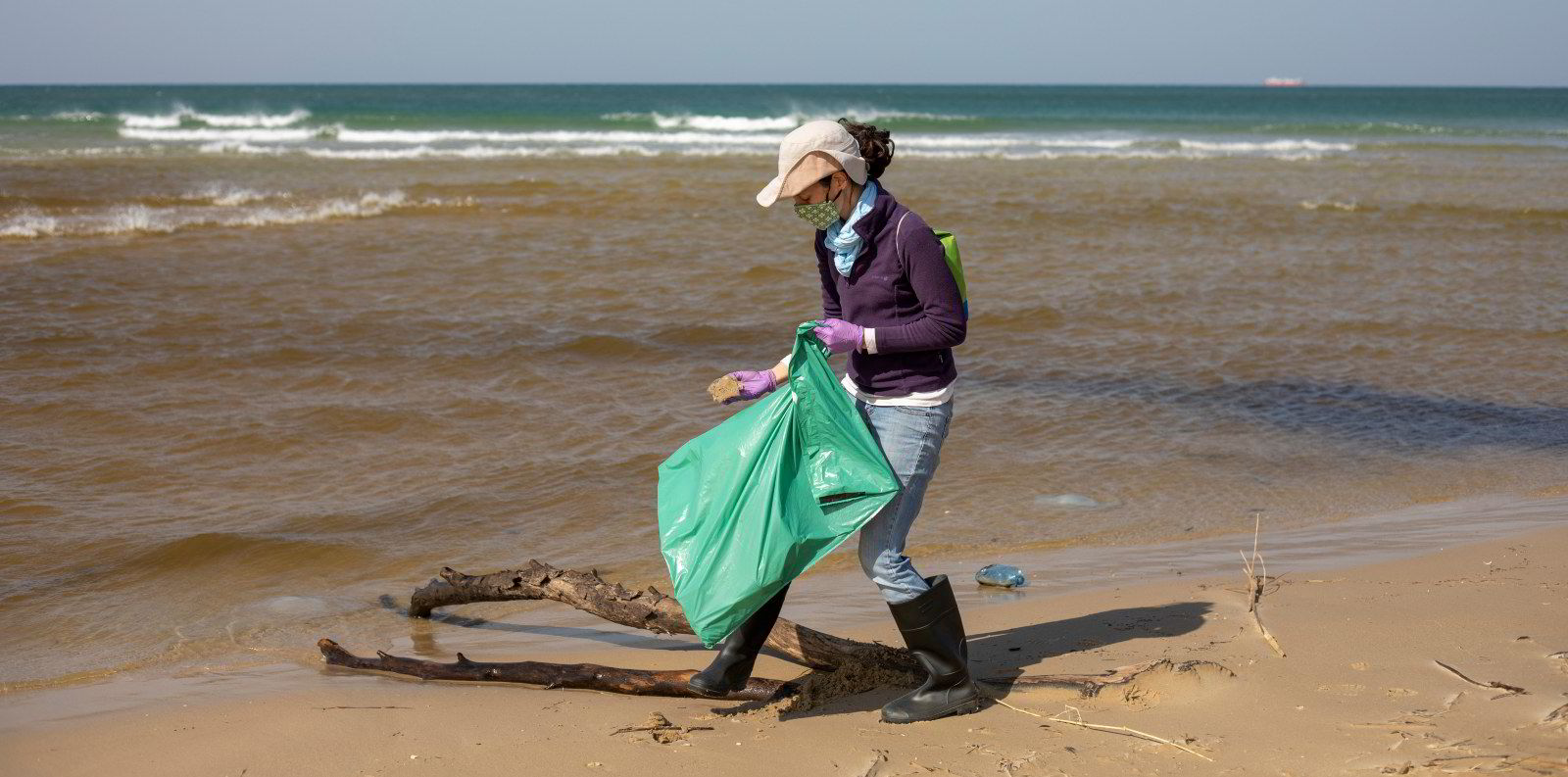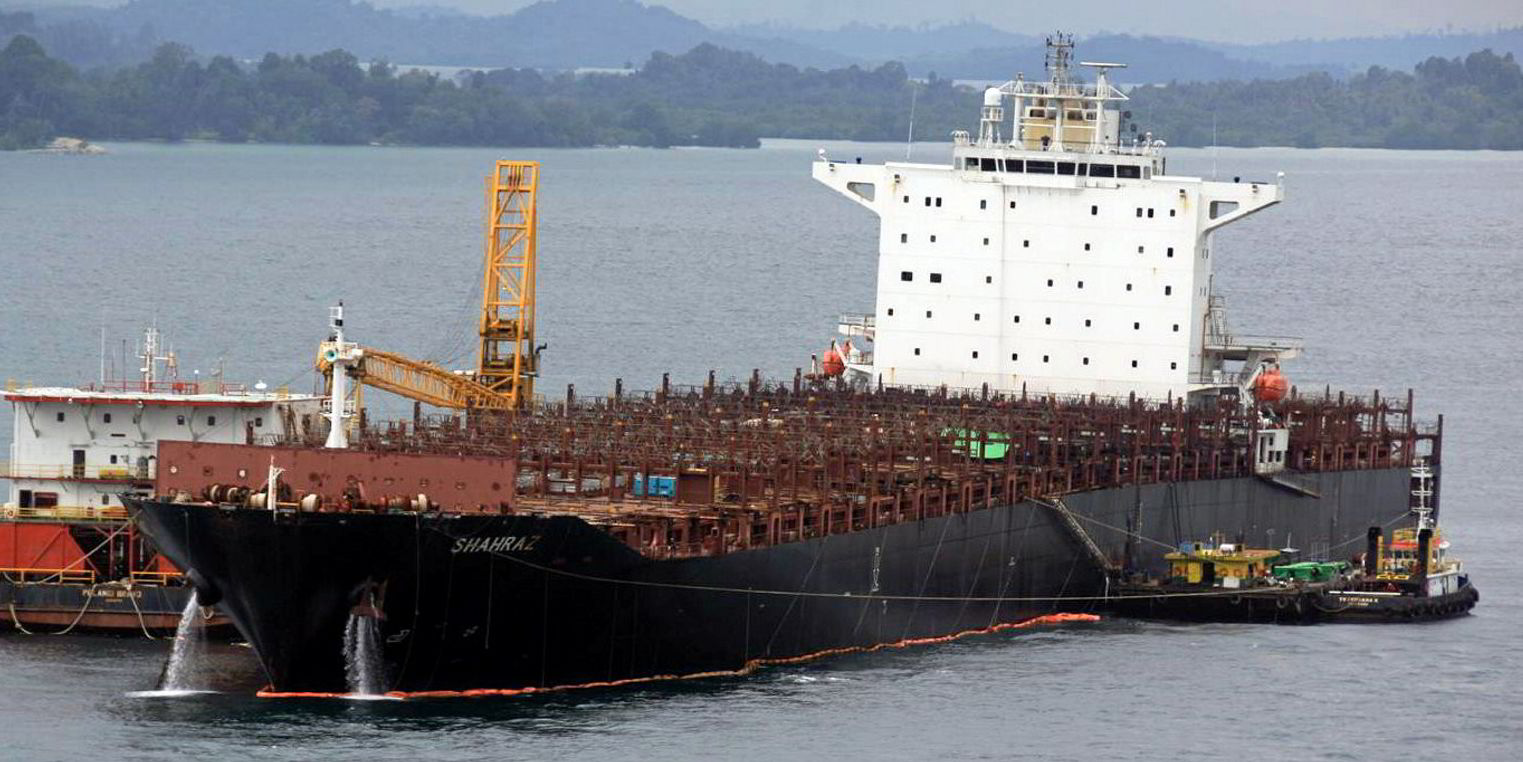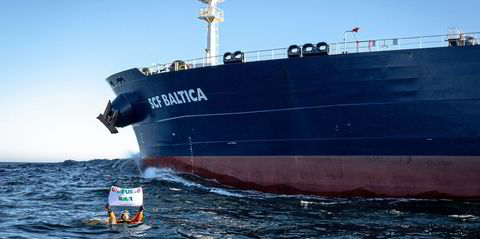An Israeli minister has muddied the geopolitical waters surrounding shipping even further by blaming Iran for a catastrophic oil spill on its beaches.
The accusation comes after the country said Iran was behind a mine attack on an Israeli-owned car carrier — Ray Car Carriers' 7,721-ceu Helios Ray (built 2015) — in the Gulf of Oman at the end of February.
Environmental protection minister Gila Gamliel claims a Libyan "pirate ship" that sailed from Iran is responsible for a spill of 1,000 tonnes of tar that washed up on Israel's beaches last month.
But the claim has been disputed by her country's security establishment.
Israeli media had earlier named a Minerva Marine aframax as a suspect in the case, but later cleared the vessel.
Terrorism or accident?
Gamliel called the leak, which has been described as the country's worst ecological disaster in decades, an act of "environmental terrorism".
She wrote on Twitter: "Iran is initiating terrorism not only with nuclear weapons and efforts to entrench itself on our borders. Iran is initiating terrorism by harming the environment."
Gamliel did not name the Libyan company that owns the ship or provide any further details on Iran's alleged role. She gave a name for the vessel that is used by a number of tankers in the world's fleet.
The minister also told a press conference that she would take legal action over the spill.
Rani Amir, the environment ministry's naval unit head, said at the same press conference that he believed the leak did not take place during a transfer of fuel, but was either a deliberate act or an accident.
However, Channel 13 news reported that Israel's defence establishment does not share her assessment.
An unnamed senior security official told the Kan public broadcaster that Iran does not appear to be directly involved.
Oil destined for Syria?
The environment ministry claimed the vessel was involved in shipping oil from Iran to Syria at the time.
"Between February 1-2 [the ship] polluted Israel’s economic waters while moving with its [automatic tracking] devices turned off and, when it reached Syria again, turned on the devices," an environment ministry statement said. "Between February 3-14, it unloaded the crude oil it was carrying to other ships in area of Syria.”
The environment ministry claimed the vessel has since returned to Iran.
Israel had previously identified about 10 ships as potentially suspicious. the statement revealed that it has since expanded the investigation to include dozens of vessels.
To date, the environment ministry has inspected about 10 ships, and is continuing to look over others.
Reports of the pollution emerged on 18 February when a dead baby fin whale washed up on Israel’s southern coast, along with other wildlife.







